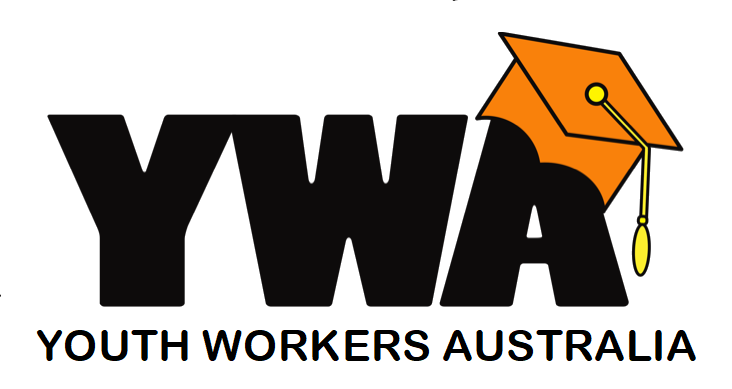- Home
- About YWA
About Youth Workers Australia
Youth Workers Australia (YWA) has a long history, it was originally established in Victoria in 1968 and was re-established at a meeting of the youth sector in 2008. It is made up primarily of graduate youth workers and is strongly supported by youth work academics from universities teaching youth work and longstanding senior youth workers. It has been acknowledged that youth workers may work with similar cohorts of young people to other professions such as teachers, social workers, psychologists, or religious practitioners. However, professional youth work practice is distinctive and its underpinning theoretical frameworks are different from these other professions. The particular training, practice tools and body of knowledge specific to youth work are well defined. Like youth work, the other professions that work with young people have their own professional body or industry organisation that excludes professional youth workers. Thus, the importance of youth workers having their own professional association. The YWA’s membership has a number of levels to suit those at various stages of their youth work career. Full membership is based on degree level youth work qualification (or equivalent training & experience). Associate membership is open to those with TAFE level qualifications and there is a further student membership category for those studying youth work. This membership criterion has enabled the association to protect the professional identity of youth work by defining the membership eligibility according to a specific vocational qualification in youth work and to demarcate its level of membership according to level and quality of qualification. YWA has an alternate pathway to memberships that acknowledges years of experience in the sector and the study of training courses that pre-date the current youth work degree and diploma courses. | The YWA also acknowledges the historical synergies with community development workers and the importance of community development as a practice framework of youth work both in Australia and internationally. Youth work also acknowledges that social pedagogy and non-formal education are key disciplines that inform youth work theory and practice and set it apart from allied professions. The YWA also acknowledges the importance of young people’s human rights and the United Nations Convention on the Rights of the Child as foundational to professional practice with young people. The YWA endorses the Victorian Youth Sector Code of Ethical Practice; recognising that young people are the ‘primary concern’ of youth workers and that youth workers will work in the ‘best interests’ of young people. Today youth workers may work in the same space with other practitioners and disciplines, such as recreation, outdoor therapy, and the arts. Youth workers, however, don’t offer simplistic activity-based solutions to the complex issues faced by young people, instead, they may use recreational and activity-based programs as a practice tool for engaging young people, in order to facilitate and enabling their rights and best interests. Traditionally, youth work has not seen recreational based activities as standalone frameworks or solutions but rather as enablers of youth engagement, and that this sets the identity of youth work apart from others working with young people in the recreation space. The YWA acknowledges the passionate and dedicated commitment to youth work by the early pioneers of professional youth work in Victoria. Today youth workers have a credible professional career pathway, which would not have been possible without the foundation of our early youth work associations to build on. The work of these early pioneers has enabled the development of the current YWA. |
For more history of the YWA, please see this document written by Dr Tim Corney, YWA Deputy Chair and Founding Member.
